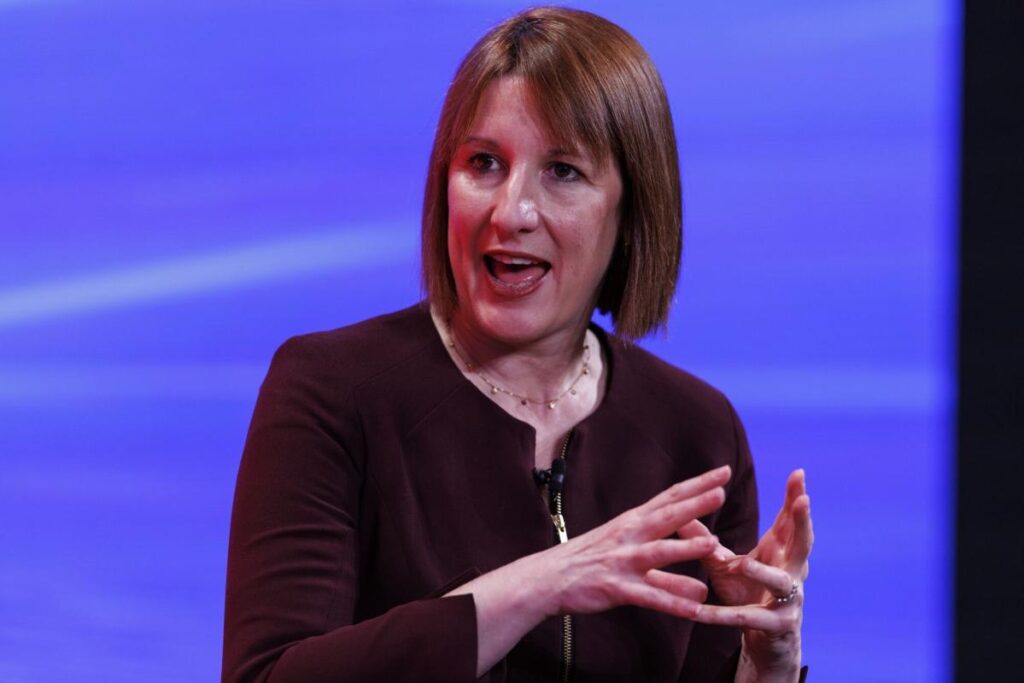Chancellor of the Exchequer Rachel Reeves is facing increasing unease within the Cabinet regarding her plans for significant spending cuts aimed at raising £40 billion ($52.3 billion) to stabilize Britain’s public finances. Reeves has highlighted the inherited fiscal challenges, claiming the new Labour government has been left with a £22 billion shortfall by the previous Conservative administration. As she prepares for her budget announcement on October 30, Reeves aims to implement strategies that will ensure day-to-day government spending is effectively covered by tax revenues, as communicated by sources close to the matter. This financial strategy may also involve tough choices in areas of tax, spending, and welfare reforms.
The push for these cuts has alarmed several members of Keir Starmer’s senior ministerial team, who are concerned about the feasibility of the savings that have been suggested. Reports indicate that ministers have found it challenging to negotiate with Reeves and Chief Secretary to the Treasury Darren Jones regarding the one-year departmental spending review linked to the budget. Complaints have stemmed from various ministers, encompassing those not solely overseeing departments with heavier capital projects. Their collective concerns primarily relate to the outlined spending allocations for the upcoming fiscal year of 2025-26 and the limited time they have had to weigh in on the review process.
At a recent cabinet meeting, Starmer and Reeves took the opportunity to address these concerns directly. While ministers raised issues about the spending cuts, they did not hold Reeves and Starmer solely accountable, instead recognizing the difficult financial landscape left by the Conservative government. Health Secretary Wes Streeting publicly voiced his dissatisfaction with the challenges facing the government but directed most of his criticism at the previous administration rather than the current Treasury leadership.
Reeves’s plans are particularly pressing, as she prepares to deliver what is expected to be a crucial budget that will set the tone for Starmer’s government. The Chancellor aims to present an array of tax increases and spending reductions to rectify the budget deficit, while also indicating a willingness to alter her fiscal framework to allow for investment in essential infrastructure. The Chancellor’s requirement to meet her goal of balancing day-to-day spending with tax revenues is a new directive for the Labour government. There is pressure to create a financial buffer to assist in achieving this objective.
Recent official statistics have provided some relief to Reeves. A sharp drop in inflation to 1.7% means that the benefits indexed to inflation, which are set to rise each April based on prior year’s rates, will come in lower than anticipated. This reduction offers a better revenue forecast for the Chancellor as she strategizes for her first budget while signaling potential easing in some fiscal pressures. Influential economic think tanks, such as the Institute for Fiscal Studies, had warned during the election campaign that whoever won would face tough financial decisions post-election.
As discussions within the Cabinet continue, there is an acknowledgment of the need for the government to utilize the forthcoming spending review to implement public sector reforms. Such reforms may require increased government spending in the later years of Labour’s term, essential for the administration’s stability and success. The emphasis appears to be on modernizing public services to align better with citizens’ expectations based on their experiences with the private sector, countering frustrations about being taxed for inefficient services. Thus, the meeting underscored a collective understanding that despite the challenging fiscal environment, strategic decisions must be made to develop a more responsive and effective public sector.

